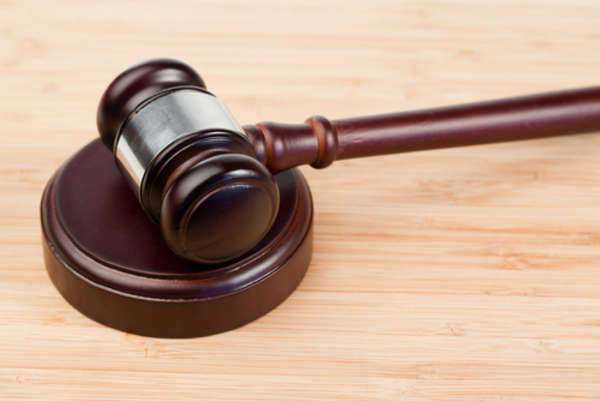Uncover the Facts Behind A Mistake of Fact
A mistake of fact which affects the genuineness of the assent given to the terms of a contract may be bilateral or unilateral. Mistakes of fact apply when the party concerned was operating under a mistaken understanding of the facts involved in the contract.
A mistake of fact is unilateral when only one party is mistaken. A bilateral mistake of fact occurs when both parties to the contract are operating under a mistaken reality. Bilateral mistakes are also known as mutual mistakes or common mistakes.
A mistake of fact that is unilateral in nature is not normally a reason to set aside a contract or a reason that will allow a plaintiff in a civil trial to seek damages. A unilateral mistake of fact will result in an enforceable voidable contract.

For example, a contract would be voidable at Luke's discretion if Ben took advantage of Luke's unilateral mistake regarding the purchase of a painting Luke thought was genuine. If Ben did not know that Luke thought he was buying the genuine painting, then Luke's unilateral mistake would not prevent the contract from being enforceable.
A bilateral mistake would result in a contract that could be voided by both individuals in the event that Luke and Ben both believed the forgery was a genuine work by Dali. If Ben believed Luke intended to buy an artificial Dali painting, and Luke believed Ben was selling a genuine work by Dali, a mutual mistake has again been made because there was no intention to defraud and both parties made a mistake of fact.
Mistakes of fact should not be confused with mistakes of value. A mistake of value would occur if Jim sold Jack a random painting that he believed had only a slight value for $50. If Jim later learns that the painting was in fact done by a famous artist and worth $500, he cannot sue Jack to make up the $450. This sort of mistake is not permitted because the value of an object is not a fact. It can change. In order for a mistake to provide the basis to overturn a contract, the mistake must be of a fixed and provable nature.